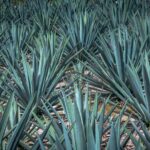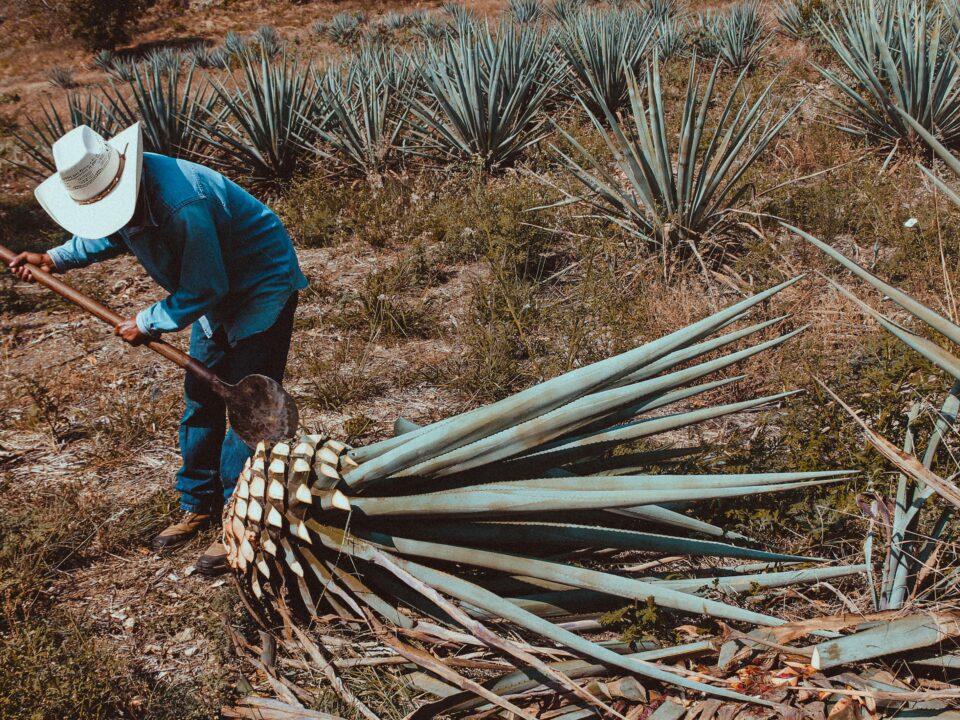Agave Liquor: origin and distinction

Lowlands and Highlands Tequila
July 29, 2024
Premium and Super Premium Tequila
October 2, 2024Agave liquor, like tequila, originates from the agave plant. However, unlike tequila, this beverage has a significantly lower alcohol content. This lower alcohol level is due to the fact that agave liquor is made from the fermentation of the maguey sap, rather than undergoing a distillation process. When the fermented sap is distilled, it becomes a much stronger alcoholic beverage known as aguardiente.
Moreover, as a product of fermentation, agave liquor is not subject to the same strict regulations as distilled alcoholic beverages, which allows for a more accessible price and availability in various presentations.
Differences Between Tequila and Agave Liquor
Tequila is a distilled beverage made exclusively from the Blue Weber Agave (Agave Tequilana Weber Azul), and its production is protected by a designation of origin, meaning it can only be produced in certain regions of Mexico under strict regulations.
On the other hand, agave liquor while sharing the same plant origin, has a lower alcohol content and a more intense flavor. Unlike tequila, its production is less regulated and may include other types of agave or sugar sources, giving it greater flexibility in terms of flavor and profile.
The price of these beverages can vary significantly depending on the brand, quality, and production process. Aged and rested tequilas are usually more expensive due to the time required for maturation, while agave liquors, being less strictly regulated, offer a wider range of prices.
In summary, the main difference between tequila and agave liquor lies in their origin, production process, and final flavor. Tequila is an agave distillate with strict regulations, while agave liquor allows for more breadth in its creation. Whether one prefers the authenticity of tequila, the sweetness of agave liquor, or the indulgence of derived creams, there will always be an option to suit different tastes and invite exploration of new flavors in the world of mixology.




